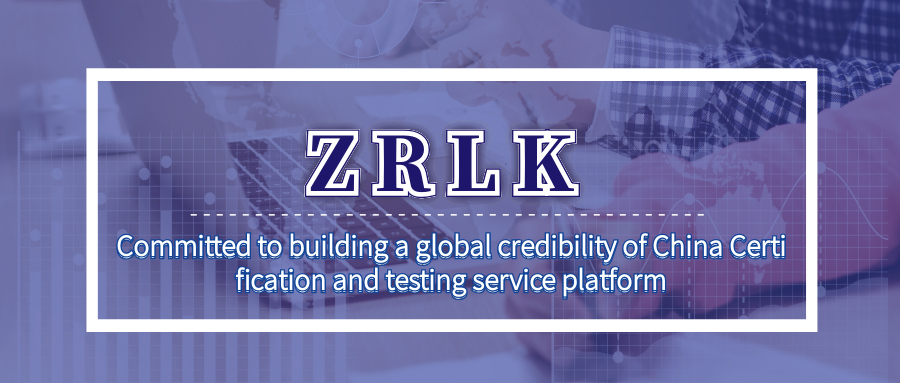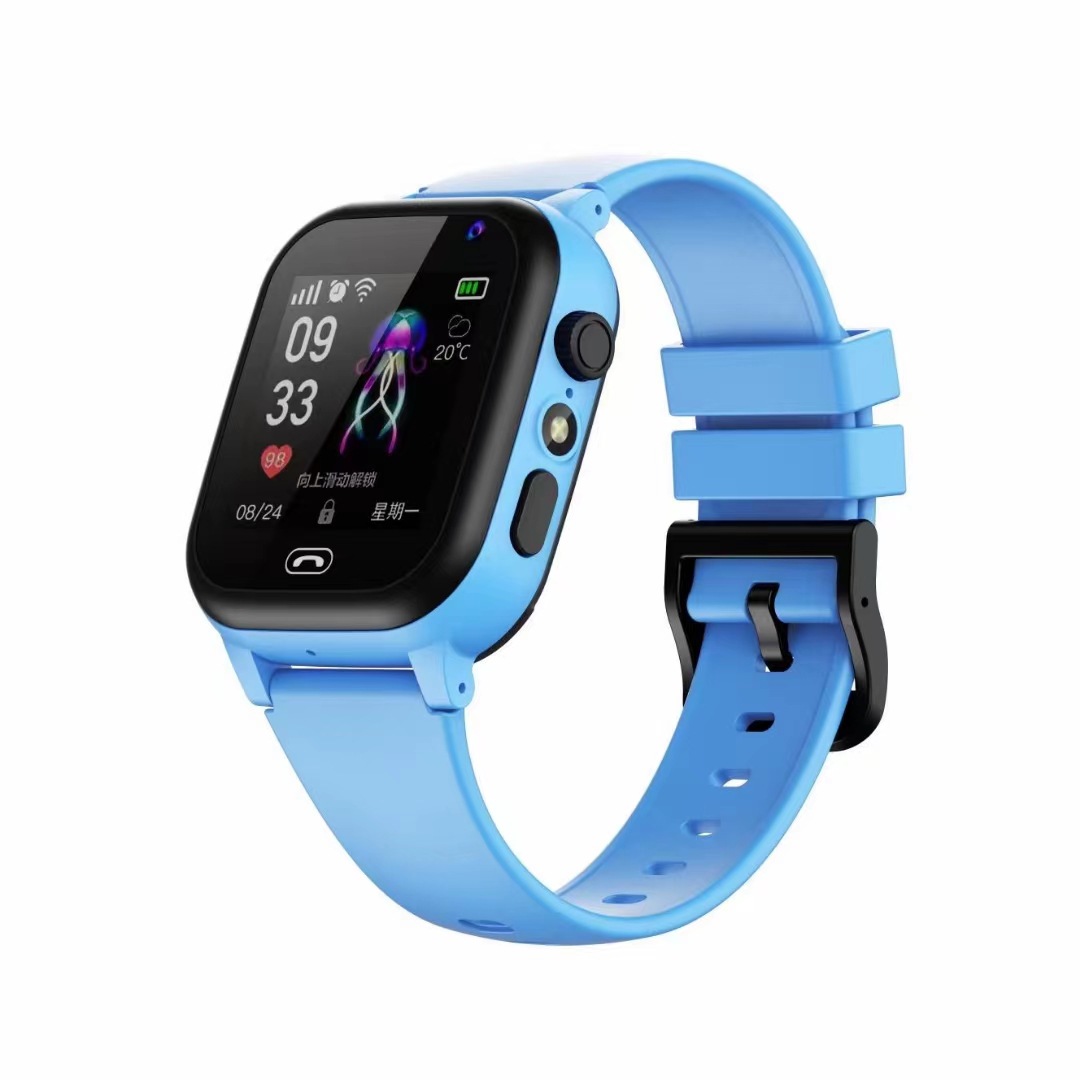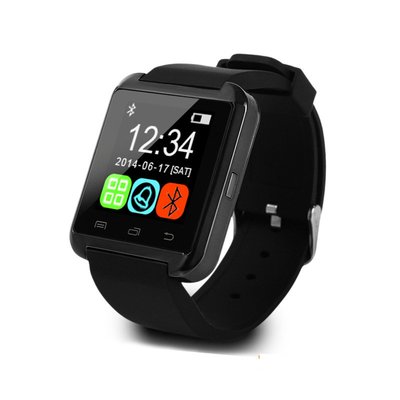<small id="wg64m"></small> 
basic introduction
All toys sold in the European market must comply with the European Toy Safety Directive 2009/48/EC to ensure the safety of the products and their use. Manufacturers, retailers and importers are responsible for ensuring that their products comply with the basic safety requirements of Directive 2009/48/EC and conduct relevant tests in accordance with the unified European toy safety standards to prove their compliance.
EN71 test
EN71 Part 1-Physical and mechanical testing
EN71 Part 2-Burning test
EN71 Part 3-Toxic element migration test
EN71 Part 4-Chemical experiment equipment
EN71 Part 5 – Chemical toys (devices) other than experimental devices
EN71 Part 7 – Finger paints
EN71 Part 8 – Swings, slides and similar toys for household indoor or outdoor use
EN71 Part 9 – Requirements for organic compounds
EN71 Part 12-Nitrosamines and Nitrosamine Substances
EN71 Part 13-Scent of certain toys
EN71 Part 14 – Home trampoline
REACH
EU legislation on chemical registration, evaluation, licensing and restriction (REACH) aims to provide a high level of protection for human health and the environment from the use of hazardous chemicals. REACH has established a mandatory chemical substance registration system that requires traceability and identification of chemical substances contained in products sold in the European market.
Manufacturers, distributors, retailers and importers of toys and children's products are responsible for complying with and managing the risks associated with the regulated chemicals in REACH Annex 17, which includes certain hazardous substances, mixtures and articles sold and used in the European market List of restrictions.
REACH Appendix 17 Test
Azo and azo dyes
Benzene
Cadmium
DMF (dimethylfumaric acid) (2011/135/EU)
Lead in jewelry products
Nickel and its compounds
Nonylphenol (NP) and nonylphenol polyoxyethylene ether (NPE)
Organotin (DBT, TBT, TPhT, DOT)
PAHs (polycyclic aromatic hydrocarbons)
Phthalate content in plasticized materials
SCCP (Short Chain Chlorinated Paraffin)
Toluene


KC certification is a mandatory certification system implemented in South Korea for electronic and electrical products, aimed at ensuring that products comply with South Korea\'s safety and electromagnetic compatibility standards. The Korean market has strict quality control over imported goods, and smart rings, as electronic products, must pass KC certification in order to be legally sold in the Korean market.
CE-RED certification is a mandatory compliance requirement of the European Union for wireless devices. For smartwatches with wireless functions such as Bluetooth and Wi Fi, its importance is mainly reflected in the following three aspects.

The Brazilian market has enormous potential, but in order to successfully enter, ANATEL certification is an essential first step. As an authoritative standard certified by the Brazilian Communications Authority, ANATEL certification is not only a guarantee of product quality, but also a legal entry threshold into the Brazilian market.
All toys sold in the European market must comply with the European Toy Safety Directive 2009/48/EC to ensure the safety of the products and their use. Manufacturers, retailers and importers are responsible for ensuring that their products comply with the basic safety requirements of Directive 2009/48/EC and conduct relevant tests in accordance with the unified European toy safety standards to prove their compliance.
Get a quote